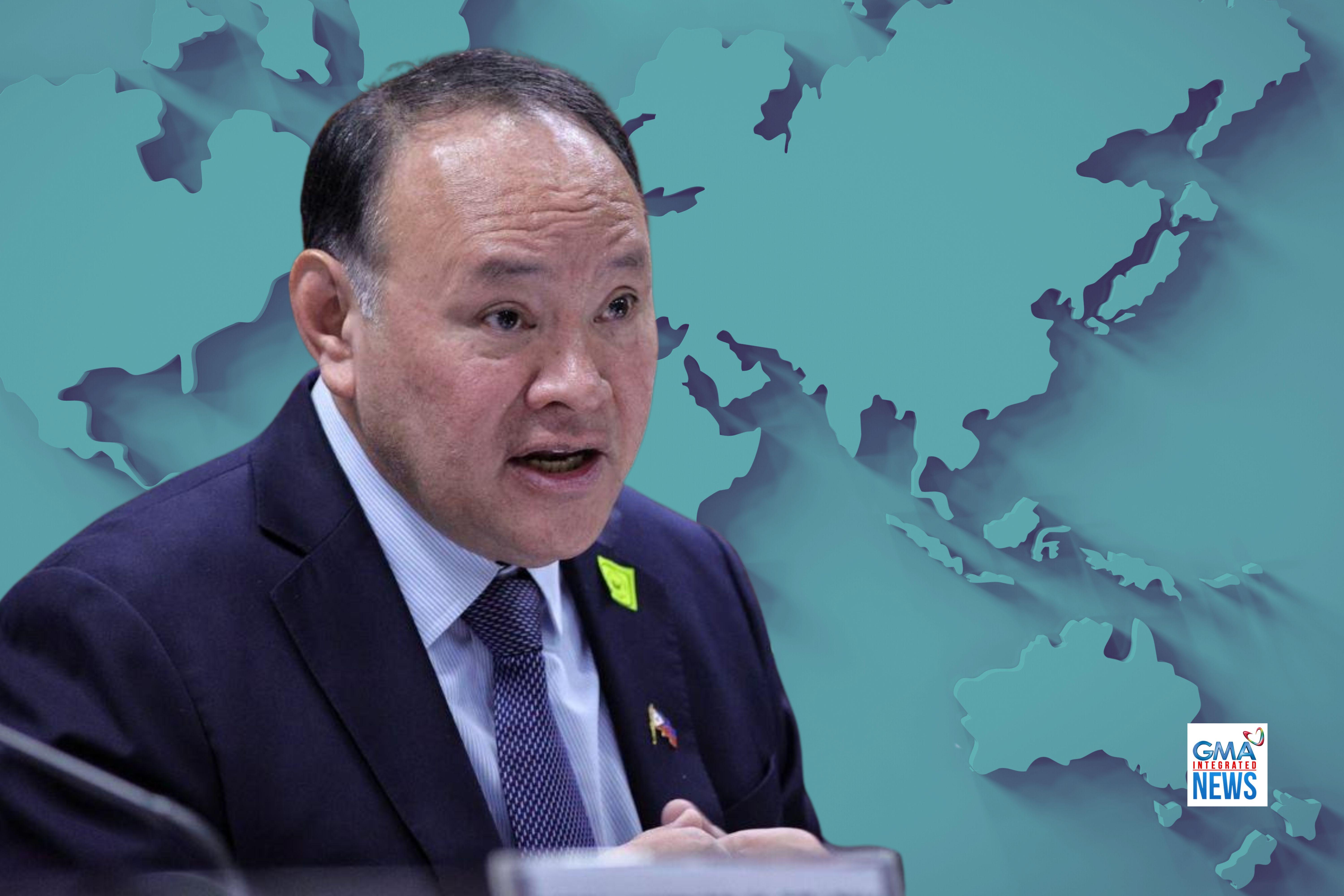Teodoro says China 'biggest disruptor' of peace in Southeast Asia

Defense Secretary Gilberto Teodoro Jr. on Tuesday said that China is the biggest disruptor of international peace in the region.
"China... is the biggest disruptor of international peace in the ASEAN region," Gilberto Teodoro told a conference of the US Indo-Pacific Command in Manila, referring to the Association of Southeast Asian Nations.
Manila is serious about protecting its sovereignty, Teodoro also said.
Teodoro's remarks follow a series of confrontations between Philippine and Chinese vessels in the West Philippine Sea (WPS). He urged partner nations to call out China's "illegal actions" in the WPS.
On Sunday, Chinese vessels blocked, rammed and fired water cannons against a Bureau of Fisheries and Aquatic Resources (BFAR) vessel while doing a resupply mission to Filipino fishermen in Escoda Shoal.
Rear Admiral Andrew M. Sugimoto, deputy commander of the United States Coast Guard Pacific Area, expressed shock over the incident.
"It just doesn't happen! Nor do we go around and taking water cannons basically trying to flood out vessels, that is not what we call safe and professional operations," he said.
The US Coast Guard strongly decried China's actions as blatant bullying, emphasizing the importance of adhering to maritime rules and international law.
"We stand with the Philippines and we will continue to work with them. When Article 4 [of the PH-US Mutual Defense Treaty] is invoked, we will stand with the Philippine Coast Guard and everybody else that is a part of this treaty," Sugimoto said.
Despite China's provocation, the US commended the Philippines for its calm and professional response to the situation.
China claims almost the entirety of the South China Sea, including the WPS, despite an international ruling that its claims have no legal basis.
Beijing's claims include reefs and waters inside the Philippines' exclusive economic zone, which extends about 370 kilometers (200 nautical miles) from the country's coastal waters.
Brunei, Malaysia, Taiwan, and Vietnam have competing claims of sovereignty in portions of the South China Sea, a conduit for more than $3 trillion in annual ship-borne commerce.
China rejects a 2016 ruling by the Permanent Court of Arbitration in the Hague that found Beijing's expansive claims over the South China Sea had no basis under international law. —with Reuters and JP Soriano/GMA Integrated News




